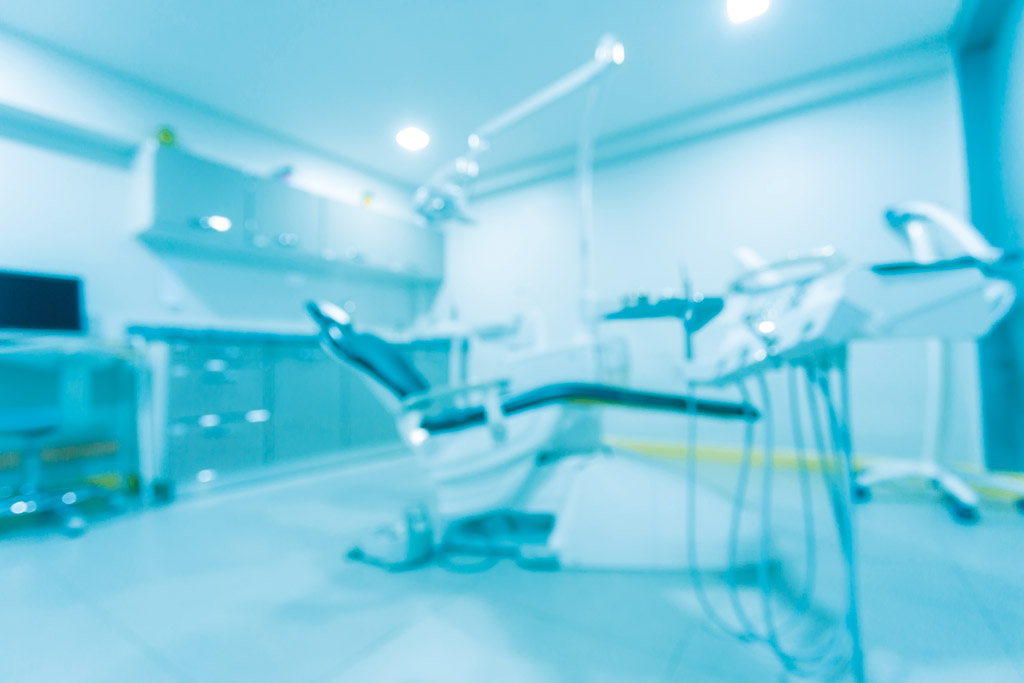Climate change?
Taking a QI approach to dental safety
Embedding a systematic approach to analysing quality across the team
How safe are we? Each of us will have an idea about our own individual performance, but what’s the culture like across our teams? It’s easy to recognise issues after they arise, but how can we identify risks before they materialise?
Safety has always been a priority for dentists and their teams, but in recent years there has been more and more emphasis on the overall safety culture in the practice. Now, following the recent intervention of the interim Chief Dental Officer*, there’s a new drive to embed not just individual good practice but a systematic approach to analysing safety and quality across the dental team.
Issues like workload and how effectively information is communicated can be perceived differently depending on your role in the team
Sada Mangalampalli
Under the new approach, all dental team members are expected to take the new Healthcare Improvement Scotland (HIS) Safety Climate Survey to take a snapshot of where they are currently at, and also take four Quality Improvement (QI) eLearning modules to enable them to apply a systematic QI approach in their practice.
The modules, developed by NHS Education for Scotland (NES), and available on the Turas digital platform, cover:
- Measurement for Improvement
- Understanding your system.
- Developing your aims and change Ideas
- Testing your change ideas
“Evidence suggests that one of the underpinning requirements to enable quality improvement activity in any healthcare setting is the safety culture within that organisation,” said David Felix, NES Postgraduate Dental Dean and Director of Dentistry.
“Identifying what the culture in an organisation looks or feels like can be difficult and may only become apparent when something goes wrong. Being able to identify if there are negative aspects within that culture potentially reduces the risk of the event occurring at all.
“Over the next few years, we’re going to be reviewing all aspects of the current system and exploring ways to improve this to benefit both patients and the whole dental teams. That’s going to be complex and will take some time to work through. But in the short term, we believe that dentists can benefit from some immediate self-assessment using the HIS Survey and in using the QI modules to refresh their skills and awareness.”
Jill Gillies, Healthcare Improvement Scotland’s Portfolio Lead for Primary Care Improvement, added: “I’m delighted dentists are getting the opportunity to complete the Safety Climate Survey, which has been used extensively in other primary care settings to help teams understand their practice and identify where improvements can be made. The survey can be used to start a quality improvement planning conversation in dental practices which will lead to providing safer dental care for patients in Scotland.”
Sada Mangalampalli, the principal at Girvan Dental Practice, was involved in a pilot of the survey. “It was a very positive experience,” he said. “The questions were focussed and easy to engage with, and the results allowed us as a team to sit down, discuss both the positives and negatives that emerged and agree on concrete actions. So, for example, issues like workload and how effectively information is communicated can be perceived differently depending on your role in the team and this allowed us to agree on changes in the way we worked.
“With some audits or appraisals, the outcomes are very subject or person-centric. But this confidential, whole practice survey provides both a ‘big picture’ sense of how we are performing as well as detail on specific areas that perhaps we need to discuss further and take concrete actions. I think that as clinicians, you tend to view everything from a clinical perspective, but you can get a different view of the patient journey from the nurses and reception staff.”
*Quality Improvement Activities – future arrangements for general dental practitioners, download PDF
What do the new eLearning modules cover?
Create an account at the Turas Learn platform. The modules cover:
Measurement for improvement
This module will help you to identify what to measure, what data to collect, how to interpret the data and tell your quality improvement story. It is an introduction to measurement for anyone who wants to learn how to measure for improvement.
Understanding your system
This module aims to provide you with knowledge about systems and the tools you can use to help you understand them so that you can choose the best changes to test.
Developing your aims and change ideas
This module provides you with the knowledge to develop an aim statement and change theory for your improvement project.
Testing your change ideas
This module aims to provide you and your team with the knowledge to test out change ideas to see if they lead to improvement.
The Safety Climate Survey

Developed by Healthcare Improvement Scotland, the Safety Climate Survey has been fine-tuned for use in health and social care settings and has been modified for dental use. All members of the dental team should complete the short survey to consider the following areas identified as contributing factors to the organisational culture:
- Workload
- Environment
- Teamwork
- Communication
- Leadership
- Safety systems and learning


Comments are closed here.